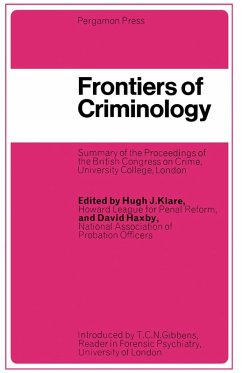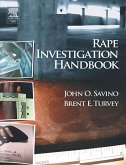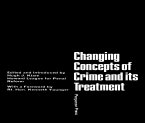This book deals with the subjects presented during the proceedings and provides discussions on crime and delinquency, with attention to three keynote lectures. The first keynote lecture deals with theories and assumptions about crime. This discussion includes analytical theories, typologies or study of common traits of groups, social theories, white-collar crimes, and even applications of the games theory. The second keynote lecture focuses on research and research methods and the types of problems encountered. This keynote addresses the causes of juvenile delinquency, the state of forensic science, the police and the judicial system, sentencing, and the treatment of offenders. Dr. Michael Rutter's research on parents and children's delinquency is noted. The third keynote lecture evaluates individualization and treatment, and how society is now revising its use of institutional measures to restrict offenders and protect society. Institutional treatment includes therapeutic community undertakings and group counseling. This book also considers prevention of crime and treatment of offenders where it examines the relationship between the police and the public, the community and its ""rejected"" members, and the problems of individualization of treatment.
This text is suitable for police administrators, criminologists, counselors, psychologists, lawyers, and sociologists.
Dieser Download kann aus rechtlichen Gründen nur mit Rechnungsadresse in A, B, BG, CY, CZ, D, DK, EW, E, FIN, F, GR, HR, H, IRL, I, LT, L, LR, M, NL, PL, P, R, S, SLO, SK ausgeliefert werden.









